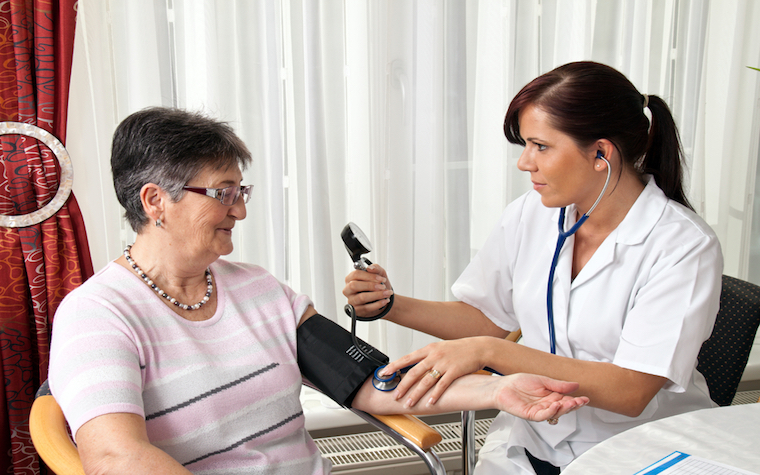
The American Academy of Family Physicians (AAFP) recently released a recommendation that health professionals use education and empathy, instead of shame, to encourage their patients to overcome obesity.
Through a Twitter hashtag, #FatSideStories, people have spoken up about their negative experiences when people insult them because of their weight issues. Their Twitter posts also revealed that many of these comments are from doctors encouraging patients to implement healthier lifestyles.
Obesity is a significant contributor to countless preventable diseases. Approximately two-thirds of adults in the U.S. are considered obese or overweight.
Some health experts are calling for a change in how obesity is measured and labeled. Traditionally, obesity is determined by the body mass index (BMI), a formula that measures obesity by a patient’s weight and height. Unfortunately, this calculation is flawed and not always accurate of a person’s fitness level: frequently people can have low BMIs with unhealthy lifestyles, and some people show high BMIs but have higher muscle content than fat content.
It is important to keep this in mind when doctors meet with their patients. Shaming people for their weight is not a way to help patients make positive health changes; instead, doctors should encourage them to make healthier lifestyle choices every day.